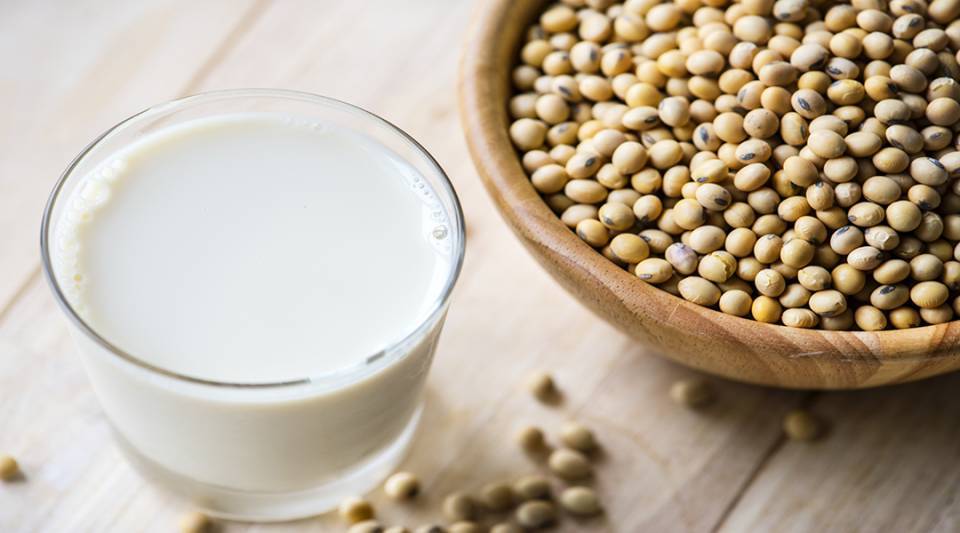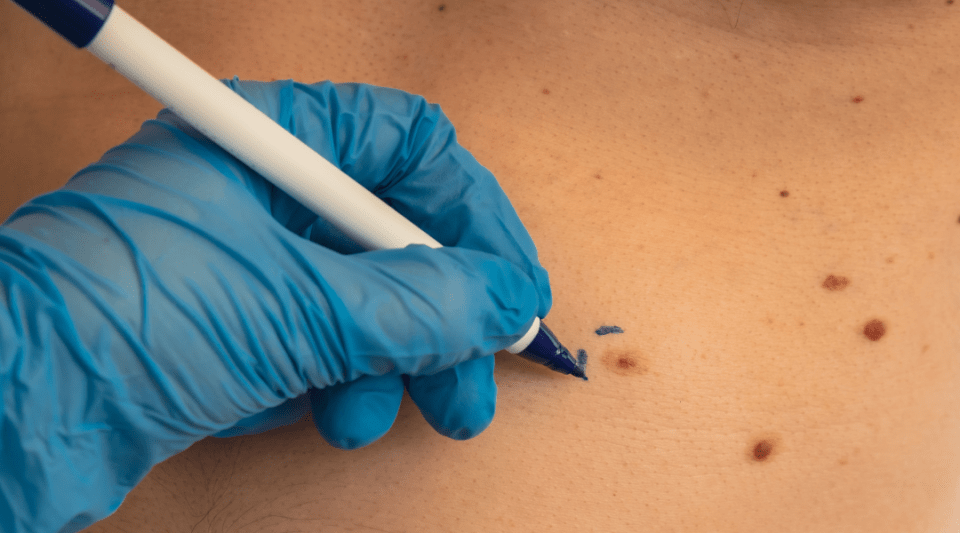A recent Korean study involving 116 premenopausal women between the ages of 30 and 40 showed that soy consumption had a beneficial effect on bone mass. This food can also improve the metabolic health of women after menopause; however, it is a controversial issue due to the effect of phytoestrogens on the body.
Why does it cause so much controversy?
Soy contains phytoestrogens (or isoflavones), which are plant chemicals similar in structure to oestrogens: the sex hormones produced by the ovaries and placenta during pregnancy. Some types of breast cancer such as ER+ and HR+ use oestrogen receptors to grow and spread, and phytoestrogens were thought to increase this risk. Isoflavones were classified as endocrine disruptors which interact with normal hormonal action. However, the European Food Safety Agency (EFSA) does not agree and, in fact, there are plenty of data to support this.
The consumption of this legume also caused concern among medical teams of patients being treated for breast cancer with the drug tamoxifen; because both in vivo and in vitro studies had suggested that the isoflavones it contains could interact with this drug. Studies in rats have shown conflicting results regarding whether isoflavones can stimulate the growth of breast cancer cells in vitro. There is research which supports the consumption of this food; such as a study carried out in the US and China of 9,500 women who had survived breast cancer. It was found that the consumption of 10 mg of isoflavones per day was associated with a lower risk of recurrence.
What beneficial effects does it have for women after menopause?
Many women after menopause develop obesity due to their age or decreased physical activity. Oestrogens increase fat oxidation in skeletal muscle and inhibit fat formation in the liver. Therefore, an oestrogen deficiency can lead to an accumulation of visceral fat. Soy protein promotes fat loss as it is associated with a decrease in sugar and insulin levels.
Sarcopenia (loss of muscle mass) and osteoporosis (decreased bone density) are the two most common chronic diseases in the elderly. The second affects 30% of women, who have a higher risk of suffering fractures. Soy is a high-quality protein source that can promote skeletal muscle formation and may help strengthen the musculoskeletal system of these women.




